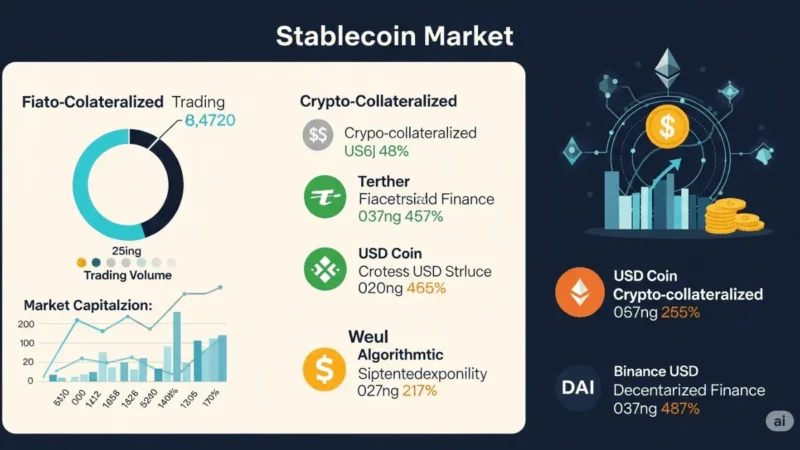Germans are skeptical about the digital euro

For some time now, the euro watchdogs have been busy working on a futuristic version of the European common currency. However, according to various media reports, the introduction of the digital euro is by no means set in stone. The skepticism of potential users is still omnipresent.
Survey: acceptance problem? Germans show skepticism
The majority of people in Germany are skeptical about the efforts of the European Central Bank (ECB) in relation to the digital euro. According to a survey commissioned by the renowned Association of German Banks (BdB), a full three quarters of the participants surveyed (76 percent) are firmly convinced that a digital euro is by no means necessary. They believe that the existing payment options are perfectly adequate and that no innovation is required.
But there is a catch: less than a third of the participants (29 percent) currently have any idea what a digital version of the beloved common currency could look like and what advantages a digital euro would offer. The deputy general manager of the BdB, Henriette Peucker, warned that the ECB had to take people with it. “What is this digital euro supposed to look like anyway? What advantages does it bring, but also what risks?” The central bank must answer these fundamental questions in order to anchor the project in the center of society.
Did you know: EU passes law for digital wallets: That’s why there is headwind
Digital euro: when will the additional currency come?
In response to the meteoric rise of so-called cryptocurrencies such as bitcoin and ether, the euro watchdogs have been examining the possibility of a digital variant of the common currency for some time. In July 2021, the ECB decided to take the preparatory work to the next level. A two-year investigation phase has been running since October 2021, in which the focus is primarily on technology and data protection. Whether the digital euro will actually be introduced remains to be seen. In any case, it should only supplement the cash, not replace it. A possible introduction is planned for 2026 at the earliest.
Peucker emphasized that the success of the digital euro depends on acceptance and use by the European population. She noted that unless the benefits and risks are clearly defined, the project remains uncertain. As a result, consumers would continue to use the digital payment options they are familiar with. According to a statement in February, the BdB believed that digital implementation could provide a significant boost to Europe’s fragmented e-payments market. The current survey showed that at least one fifth of the 1008 participants surveyed (21 percent) agreed that the new money would simplify payment.
Interesting: Germany: New law paves way for crypto stocks



